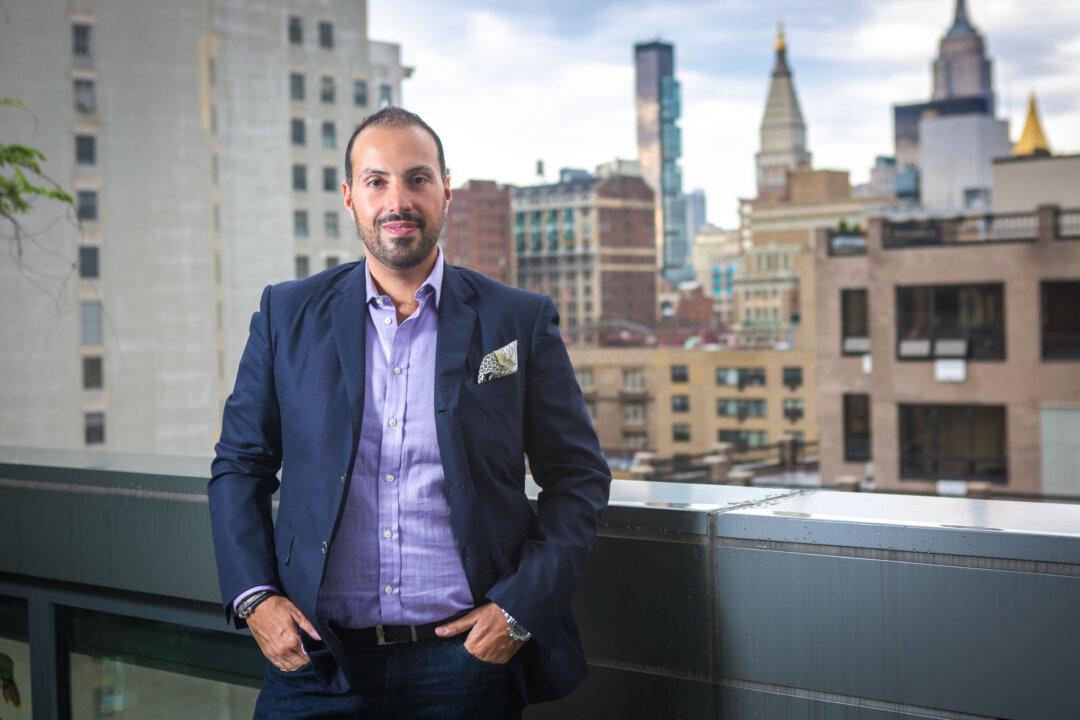In a push to expand the company’s global powerbase, China’s largest online retailer Alibaba has enlisted a former Goldman Sachs executive to recruit international brand retailers to its business-to-consumer platform Tmall.
Michael Evans, 56, retired in 2013 after more than 20 years with Goldman Sachs, 7 of them heading the firm’s Asian operations. An independent board member at Alibaba since the company’s initial public offering in the United States in September 2014, he now has the title of president of the Alibaba Group.
It is well known that doing business in China requires being on the right side of those in power.





